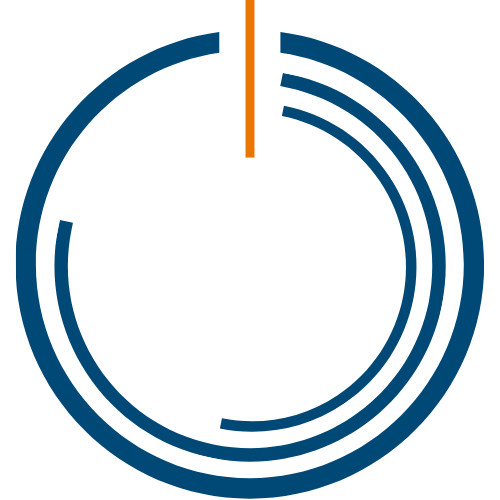2 min read
Are you someone who can’t function without a morning cup of coffee? Do you rely on energy drinks to power you through the day? The FDA reports that 90% of Americans consume caffeine daily. The average American consumes about 300mg of caffeine daily. It's too much!
It’s time to consider reducing your caffeine intake. While caffeine can provide a temporary boost of energy, consuming too much can have negative effects on your health. In this article, we’ll discuss the benefits of reducing your caffeine intake and why low to moderate doses of caffeine can be beneficial.

Why reduce your caffeine intake?
1. Physical and Mental Health
Excessive caffeine consumption can lead to negative effects on your physical and mental health. Consuming too much caffeine can cause anxiety, insomnia, increased heart rate, and high blood pressure. Furthermore, caffeine can also exacerbate pre-existing conditions such as acid reflux and migraines.
2. Dependency
Secondly, relying on caffeine to power you through the day can lead to a vicious cycle of dependency. If you’re relying on caffeine to function, you may experience withdrawal symptoms such as headaches and irritability when you don’t consume caffeine. This can lead to a cycle of dependence where you need caffeine just to feel normal.
3. Finances
Lastly, excessive caffeine consumption can also have negative effects on your financial health. If you’re consuming multiple cups of coffee or energy drinks every day, the cost can add up quickly. Here are some example numbers to wrap your mind around the money you spend on caffeine:
1 Energy Drink/Day
| per Day | $3.00 | ~200 mg caffeine |
| per Month | $90.00 | ~6,000 mg caffeine |
| per Year | $1,080.00 | ~72,000 mg caffeine |
2 Energy Drinks/Day
| per Day | $6.00 | ~400 mg caffeine |
| per Month | $180.00 | ~12,000 mg caffeine |
| per Year | $2,160.00 | ~144,000 mg caffeine |
3 Energy Drinks/Day
| per Day | $9.00 | ~600 mg caffeine |
| per Month | $270.00 | ~18,000 mg caffeine |
| per Year | $3,240.00 | ~216,000 mg caffeine |
By reducing your caffeine intake, you can save money and invest it in other areas of your life.
All Things in Moderation
While excessive caffeine consumption can be harmful, low to moderate doses of caffeine can provide several benefits. Just a few benefits of caffeine:
- Caffeine can improve mental alertness and focus, helping you to stay productive throughout the day.
- Caffeine has been shown to improve physical performance, making it a popular choice among athletes and fitness enthusiasts.
- Caffeine has been linked to several health benefits. Check out the studies in the next section.
The Science
It’s important to note that the benefits of caffeine are only present in low to moderate doses. Consuming excessive amounts of caffeine can negate any potential benefits and lead to negative health effects.
One study that supports the benefits of low to moderate caffeine consumption is a 2014 study published in the American Journal of Clinical Nutrition. The study followed 48,464 women for a period of 10 years and found that consuming moderate amounts of caffeine was associated with a lower risk of developing type 2 diabetes. The researchers concluded that “moderate caffeine consumption may lower the risk of type 2 diabetes in women.”
Another study that supports the benefits of low to moderate caffeine consumption is a 2017 study published in the Journal of Alzheimer’s Disease. The study followed 1,445 adults aged 65-84 for a period of 10 years and found that those who consumed moderate amounts of caffeine had a lower risk of developing Alzheimer’s disease. The researchers concluded that “moderate caffeine consumption may be associated with a reduced risk of Alzheimer’s disease in older adults.”
Conclusion
In conclusion, while caffeine can provide a temporary boost of energy, excessive consumption can have negative effects on your health. By reducing your caffeine intake, you can improve your physical and mental health, break the cycle of dependency, and save money.
Low to moderate doses of caffeine can provide several benefits, including improved mental alertness, physical performance, and a reduced risk of developing type 2 diabetes and Alzheimer’s disease. It’s important to consume caffeine in moderation to reap the benefits and avoid negative health effects.

